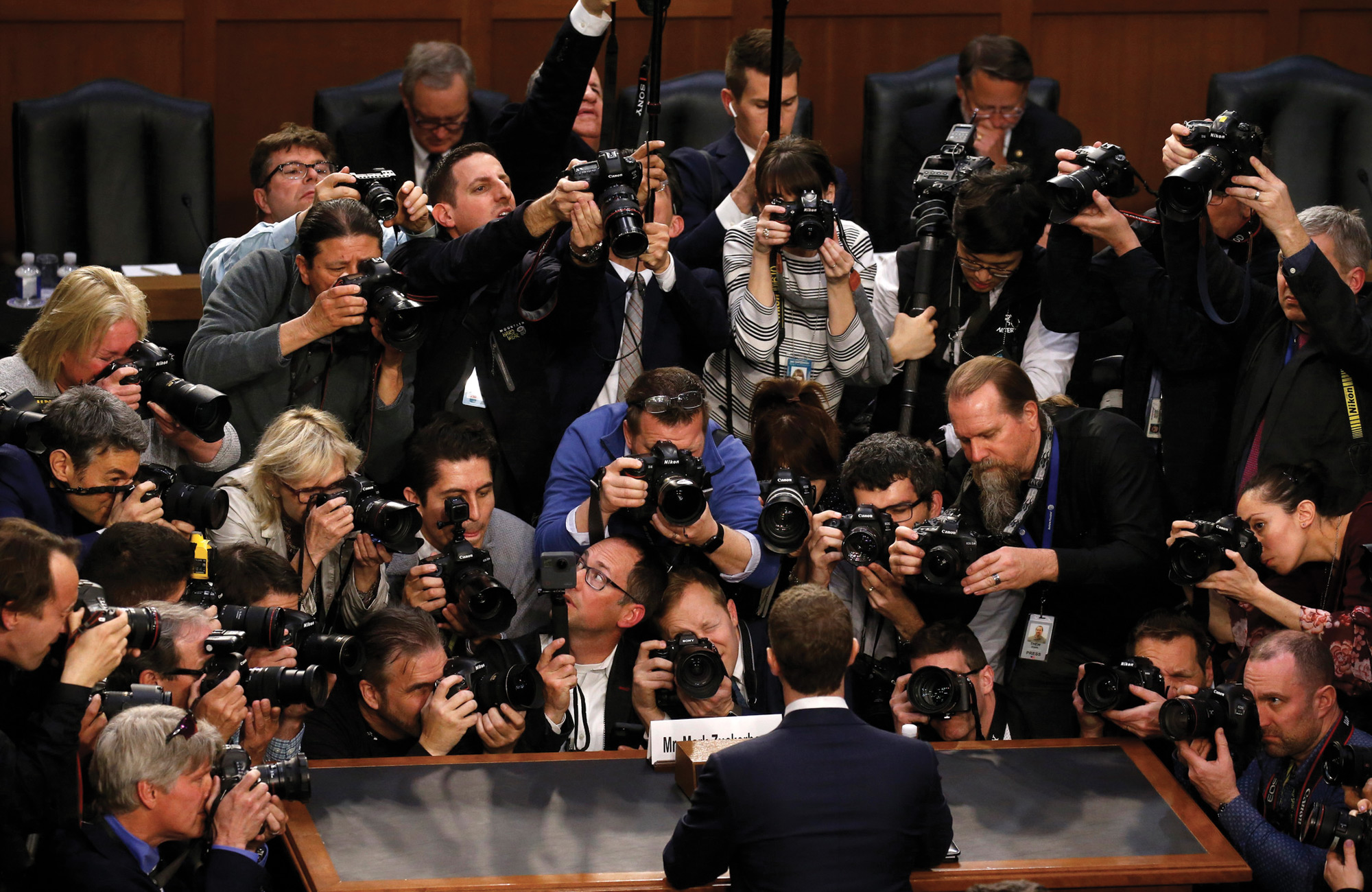63% of a company’s market value is attributable to its public image
Facebook has been having a tough time over the past few weeks. The company recently recognized they knew about Cambridge Analytica improperly accessing data of 50 million users since 2015, its stock price went from 173USD to 160USD in a month and its CEO Mark Zuckerberg had to testify before the Congress on 10 April 2018.
There has always been significant criticism from the public relations (PR) community as to how Facebook handled communications crisis in the past. Today’s situation is no different. That said, Communications is not only about what is published in the media but also about what will remain unpublished – whether it’s for the best or not. Below four take away from the Facebook situation.
Lesson #1 – Always choose Transparency
Long gone is the time when PR Professionals would advise to mislead the audience, avoid a subject or even not talk to the press at all. Whether you like it or not, the truth always comes out. If Facebook had disclosed that they knew about Cambridge Analytica as soon as the problem occurred, they wouldn’t be in such a difficult situation right now.
Lesson #2 – Apologize for your Mistakes
There has been a shift in crisis communications over the past few years: CEOs are starting to acknowledge their mistakes. Why? Because the public is tired of companies trying to sweep their errors under the carpet. What users blame the most Facebook for is not letting Cambridge Analytica using their data even though it was supposed to be deleted. They blame Facebook for not disclosing or combating this issue for two and half years, even though they knew about it.
Lesson #3 – Plan for the Future
Explaining how you’re going to deal with a specific issue one step at a time is key in reassuring the market. It makes it look like you’re handling the situation: you’re not overwhelmed, you understand the problem and you have a plan to face it. Even if you don’t have a plan yet, saying that you’re putting together a taskforce to come up with a plan is still better than not communicating at all.
Lesson #4 – Anticipate, coordinate, and control all Communications Channels
> Make sure you have the right people in the room. A Communications crisis is not a Legal crisis, nor a Tech crisis, so the Communications team must lead. When internal politics is taking over communications quality and efficiency, it can have disastrous consequences for the company. Typically, communicating externally with messages heavily proofread by lawyers is clearly not ideal. Threatening to sue people is usually not recommended either, especially if it ends up in the News.
> Communicate efficiently. Envision the different scenarios and draft relevant messages for your key audiences (staff, media, investors, etc.) in a timely fashion. And, above all, train your spokespeople. Even the bests need training, briefing and debriefing – there is always margin for improvement. Mark Zuckerberg’s performance in front of the Congress is a perfect example: he did ok, not great.
> Ensure nobody is communicating externally without Communications consent. Not even the top managers, whether they like it or not. Sheryl Sandberg, COO at Facebook, gave an interview to NBC Today Show which led to a tough line of questioning by the Congress on whether Facebook could make its users pay to have their personal data protected. Was this considered in the Communications plan?
> Consider that anything can leak. If you don’t want something out there, do not write about it, even internally. Don’t forget that whatever you’re writing, even as a joke on your internal messaging system, may become public one day.
In conclusion, 63% of a company’s market value is attributable to its public image*. It takes years to build a brand reputation and gain trust, but it only takes a few minutes to destroy it all.
Communications is a business partner, not a support function. Hiring talents and giving them the means to do a great job will not only lead to a lovely packaging or funky billboard advertising; A proper Communications plan will also drive revenues up and, hopefully, avoid major crisis communications situations or, at least, help you handle them properly.



